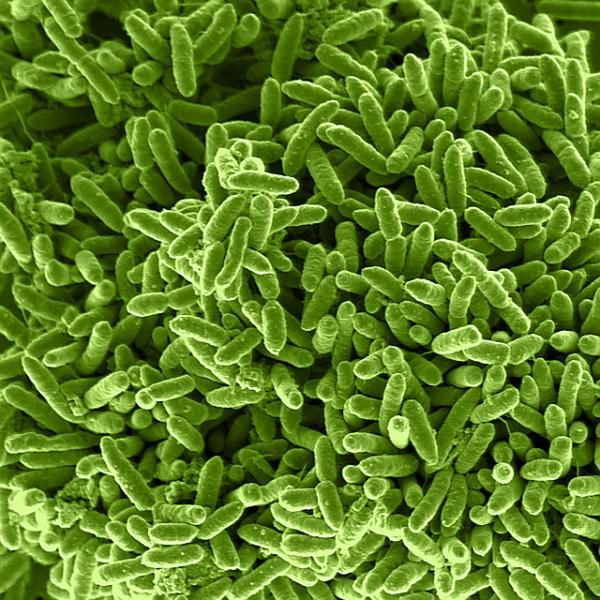Priobiotic Use Prevents 64% Of Antibiotic-Induced Diarrhea

In the eternal battle between good and evil inside our bodies, a new compilation of data may help prevent further illness when taking antibiotics. Humans have ten times the number of bacterial cells than human cells inside of them, totaling to around 2 lbs. of helpful, beneficial microorganisms in our digestive system. These "commensal" bacteria form a symbiotic relationship that helps humans digest food and crowd out harmful pathogenic bacteria such as Clostridium difficile and Salmonella, preventing illness from these bugs. When antibiotics are taken to treat illness, however, this delicate balancing act can be upset and establish an environment for harmful C. diff to colonize and cause severe illness. C. diff can cause intestinal inflammation, diarrhea, and other dangerous symptoms, resulting in 14,000 deaths a year in the U.S.
A new report has surveyed 23 trials, which consisted of 4,213 children and adults, that tested whether taking probiotics, pills that contain helpful bacteria and yeast to promote gut health, could prevent antibiotics-induced issues that may cause collateral damage in the gut by killing off good bacteria. The studies all looked at how the simple act of taking probiotics could prevent Clostridium difficile-associated diarrhea in patients who were on antibiotics.
The researchers found a 64 percent reduction in C. diff-related diarrhea; six percent of the patients who took placebos had diarrhea, while only two percent of patients who used probiotic treatment had diarrhea. The authors suggest that taking probiotics may help in clinical cases of C.diff, particularly when there are outbreaks.
"In the short-term, taking probiotics in conjunction with antibiotics appears to be a safe and effective way of preventing diarrhoea associated with Clostridium difficile infection," said lead researcher Bradley Johnston of The Hospital for Sick Children Research Institute in Toronto, Canada. "The introduction of some probiotic regimens as adjuncts to antibiotics could have an immediate impact on patient outcomes, especially in outbreak settings. However, we still need to establish the probiotic strains and doses that provide the best results, and determine the safety of probiotics in immunocompromised patients."
This poses a useful alternative to increased antibiotic use for diarrhea prevention in people of C. Diff infections. By using good bacteria to crowd out and combat the bad bacteria, a new balance can be established and result a better health outcome for patients. The researchers pointed out that using probiotics did not prevent C. diff infections, but treated one symptom of the infection. "We think it's possible that probiotics act to prevent the symptoms of C. difficile infection rather than to prevent the infection itself," said Johnston. "This possibility needs to be investigated further in future trials, which should help us to understand more about how probiotics work."
Although not as wide in scope as a previous study, this new data provides more evidence that probiotics are useful for treating bacterial infections.
Source: Goldenberg JZ, Ma SSY, Saxton JD, et al. Probiotics for the prevention of Clostridium difficile-associated diarrhea in adults and children. Cochrane Database of Systematic Reviews. 2013.
Published by Medicaldaily.com



























